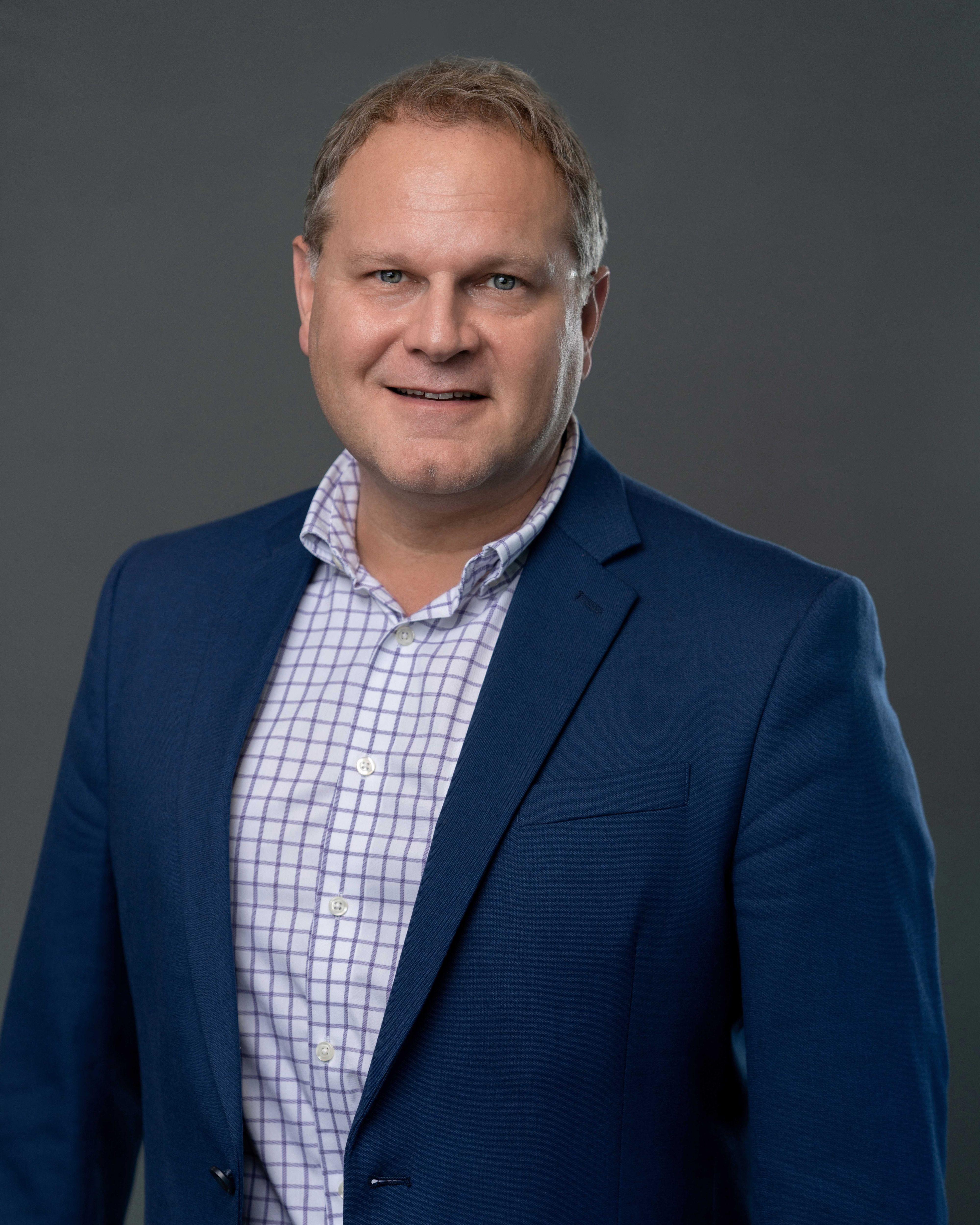MSW grad designs Louisiana's crisis response systems
When Stephen Phillippi, PhD, LCSW, CCFC, graduated with a Bachelor of Arts in Psychology, he knew he wanted to work in mental health and human services – just not exactly how he would get there. The more he looked into Master’s programs in areas like clinical psychology and counseling, the more he knew that Tulane’s human- and community-centered Master of Social Work (MSW) program was right for him.
“It was clear that social work was more interested in ‘doing with’ people rather than ‘doing to’ people. That resonated with me and how I wanted to work,” Phillippi said. “Tulane did an excellent job preparing me with its clinical track of coursework. Being taught by people who were still applying their clinical social work while teaching us brought it all to life. It was well beyond theory and into real-world application.”
Phillippi says he is especially grateful for Carol Miles, the practicum placement supervisor who guided him through his early clinical work. During practicum education, he began what would become a lifetime of community work at the intersection of behavioral health and the juvenile justice system. His research and clinical work focused (and continues to focus) on how demographic factors like gender, race, and geographic location impact decisions related to juvenile processes like arrest, diversion, detention, and access to quality treatment.
It was clear that social work was more interested in ‘doing with’ people rather than ‘doing to’ people. That resonated with me and how I wanted to work.
Stephen Phillippi, PhD, LCSW, CCFC
Phillippi calls himself an ‘accidental academic.’ When he began working at Louisiana State University’s Health Science Center in New Orleans, it was supposed to be a three-year contract to improve healthcare programs for incarcerated youth. But a year in, he was offered an instructor position. One thing led to another, and he is now a tenured professor with a PhD in Social Work.
Phillippi currently works with LSU to develop programs through the Louisiana Crisis Response System, which provides critical emergency support such as mobile crisis response teams, walk-in centers, and the 988 suicide prevention lifeline. In his 31 years of social work, he says he never got a reaction from his children about the work he did until he explained this project.
“When I described what I was being asked to do, my youngest daughter said, You have to do it. I cannot tell you how many people I know right now that could benefit from having someone to call and respond.”
Hearing that, Phillippi was reminded why he chose social work in the first place: to connect with people, to solve problems, and to do with rather than to populations in crisis.
“What drove me to this work,” Phillippi said, “is what drives me to most things. I try to say yes to as many opportunities as possible. I have been surrounded by the most amazing people throughout my career. When a door opens, typically through one of them, it is usually a gift.”
His focus now is showing gratitude to the people who got him where he is today. Part of that, he says, is being the person who opens doors for others, wherever possible. As a professor and as a social worker, Phillippi wants to remind current students that they are not in this alone.
“Talk to as many people as you can—keep the ‘social’ part in social work. Ask those that have gone before you what they would be studying or researching if they were restarting their careers. Also, surround yourself with people (personally and professionally) who support you. Don’t try to do this alone. That’s lonely work, not social work.”

